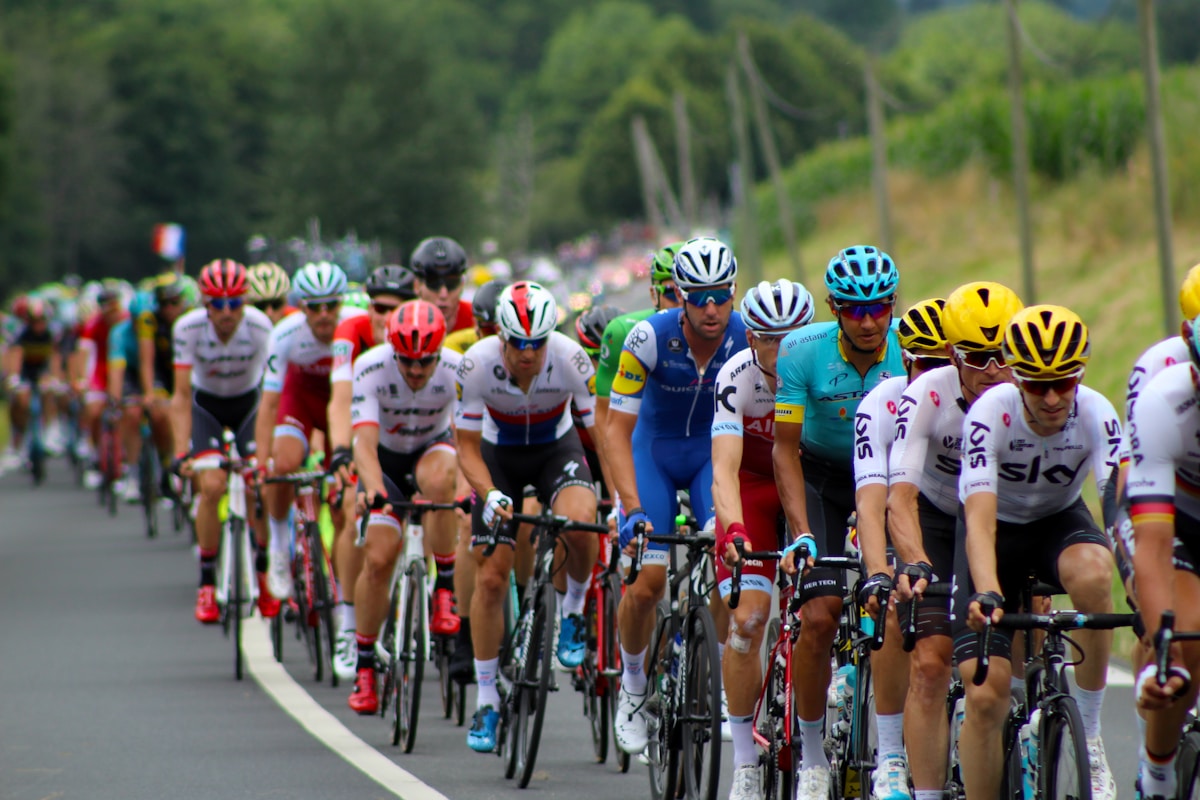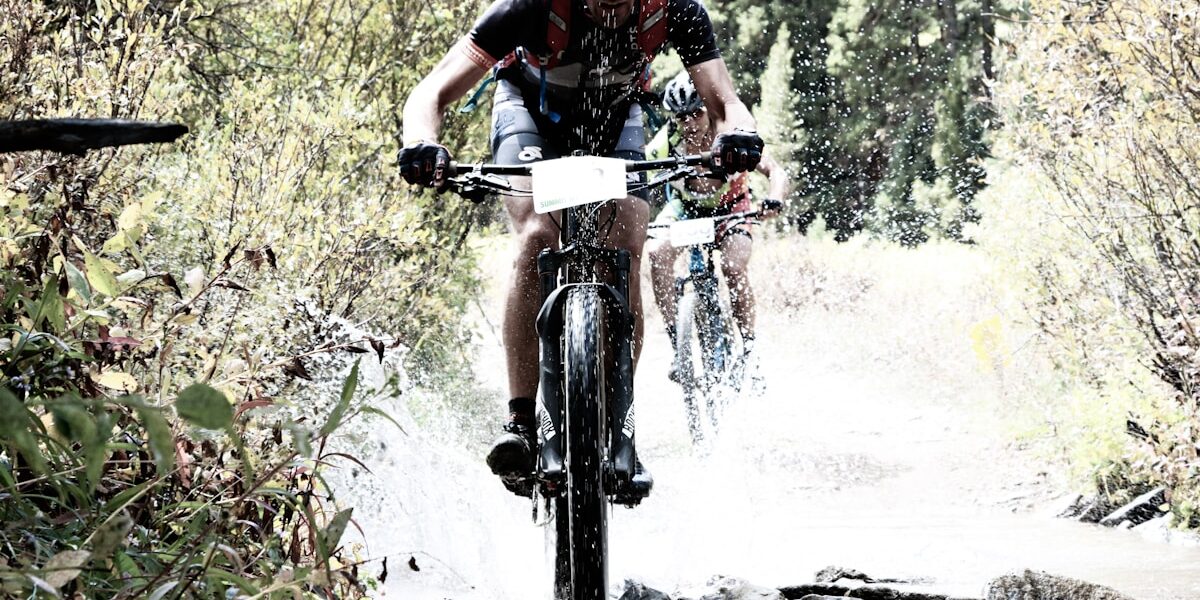Chris Reynolds is a USA Cycling certified coach and former Cat 2 road racer with over 15 years in the cycling industry. He has worked as a bike mechanic, product tester, and cycling journalist covering everything from entry-level commuters to WorldTour race equipment. Chris holds certifications in bike fitting and sports nutrition.


